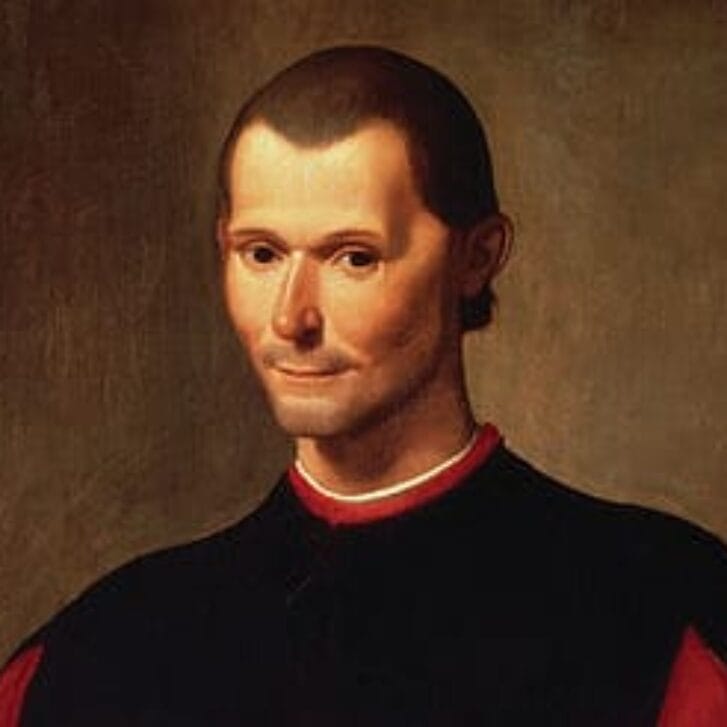Change makes people uneasy. We like what we’re used to whether it’s an “entitlement program” or the company we’ve built so capably. Suggest moving in a new direction, and everyone gets nervous. But change isn’t going to stop.
“Things are accelerating,” Nike CEO Mark Parker told Fast Company. “It’s not as if we’re in a speed-up, slow-down world. … It’s high-velocity change, we’re digitally connected; everything is changing.”
Like Parker, CEOs of dynamic, growing companies are ruthlessly open to change and expect the same from their organizations. I call them “The New Ruthless.” These leaders want transformative ideas, collaboration and speed. These tough-minded leaders believe that the perceived risks of change can be mitigated and managed. The message is inspiring but strong: we lose ground if we don’t adapt and move forward.
Driving innovation and change is no longer optional. Do you know how to do it? In real life, you scramble to manage the day-to-day much less create the next big thing. And in a digital world, your customers consider other choices as competitors engage them in their ubiquitous stories and programs. Fortunately, creating change is a competency. It’s complex—involving mindsets, skill sets, culture, partnerships and collaboration—and it can be mastered.
Mastery, guts and self-confidence are winning strategies, but what often feels risky is only unfamiliar, Orit Gadiesh, chairman of Bain & Company, said at Davos. The unfamiliar can be learned, even if it’s a shift in mindset, new ways of doing business or a new partnership. In the same vein, Joan Solotar, senior managing director of the Blackstone Group, advises her colleagues to “get comfortable with being uncomfortable.”
One example of the opportunity comes with chief marketing officers. Traditionally brand stewards, they can potentially become the customer steward who brings unprecedented insight even at a micro level. It’s a tremendous opportunity, but “if they don’t do it, someone else will,” predicts Forrester analyst Dave Frankland.
I’ve seen the same thing happen to executives when their talents and experience become less relevant. No one is indispensable, but there’s no reason to lose your currency—either your influence or market value. Get closer to emerging trends and help your business create its own.
I’m hearing the wake-up call. Do you? Change often starts with an idea or an issue needing an advocate. Take your blinders off so you can see beyond the limits of your job. As Nike’s Parker put it, “The pace of change is opportunity. … Play offense.”


























